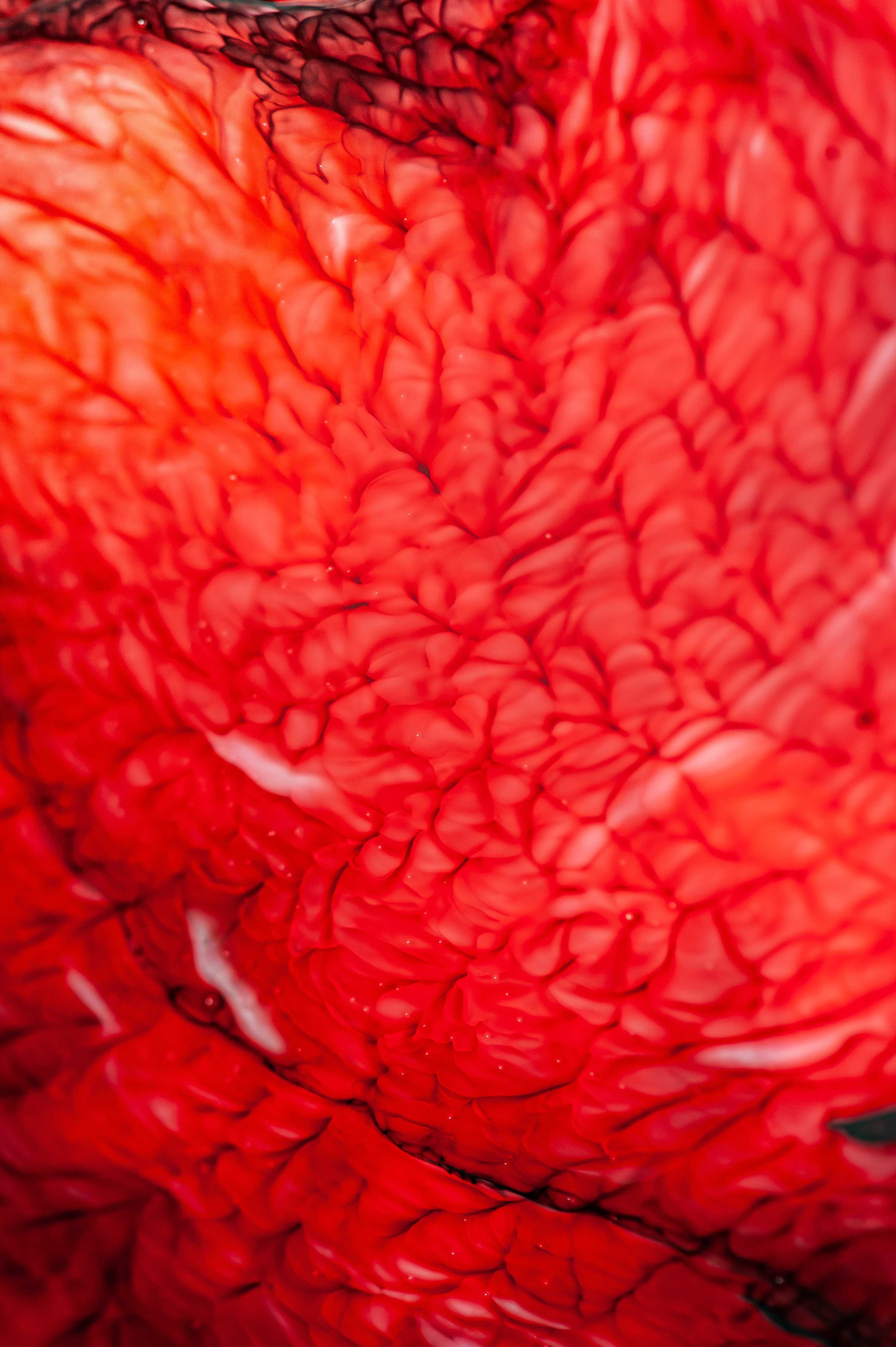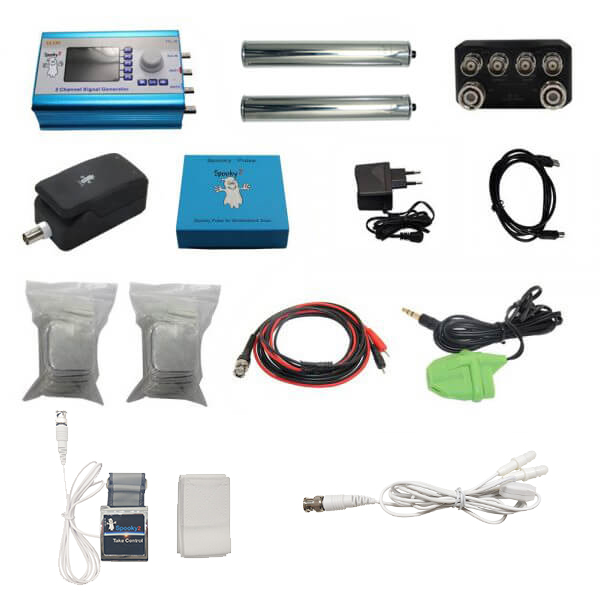-
 H. pylori and Lupus
H. pylori and Lupus
Strangely, a hydrochloric acid deficiency may actually manifest with symptoms of heartburn or Gastroesophageal Reflux Disease (GERD). That’s because the esophagus contains receptors that can detect whether the stomach is producing acid or not. When the stomach produces enough acid (usually due to the presence of food), the esophageal sphincter closes to prevent acid from splashing up into the esophagus, causing heartburn. If you suffer from heartburn and you have lupus, you might consider the possibility that you have low HCl levels that are causing the problem.
And further, if you have low Hydrochloric acid levels, this problem may be caused by a full-on Helicobacter pylori infection. H. pylori is more common in people who have lupus and some scientists believe that this bacteria may colonize the liver or other parts of the body and “hide out” beyond the reach of traditional antibiotics to cause a number of the symptoms of lupus.
Interesting Facts about H. pylori and Lupus:
Some scientists have noticed that while Helicobacter pylori doesn’t seem to be able colonize the bladder directly (usually H. pylori lives in the stomach lining), it may still be able to cause damage inside the bladder. Scientists describe the behavior and multi-system effects caused by H. pylori as “bizarre”. How H. pylori causes irritation in the bladder isn’t well-understood, but it could be through a similar mechanism as Streptococcus pyogenes in psoriasis patients. In psoriasis patients, a very low-level, relatively inactive S. pyogenes infection in the liver and/or gallbladder leads to the presence of peptidoglycans (little pieces of the S. pyogenes bacteria) in the digestive tract. These peptidoglycans cause digestive and skin irritation. In lupus patients, H. pylori may work through similar mechanisms causing bladder irritation since the bladder is a detoxifying organ. In other words, it’s possible that fragments of the bacteria are excreted from the blood via the kidneys and they end up in the bladder where they cause irritation. Spooky2 Products
In lupus patients, if you have gastroesophageal reflux disease (GERD) or heartburn on a regular basis in addition to bladder problems, it would be wise to treat any underlying H. pylori infection by changing your diet for a month or two, using a Rife Machine or some other at-home treatment that’s accessible for you. Because H. pylori is so common, it’s likely that you do in fact have an infection. Treating H. pylori will help you resolve some of your digestive symptoms, but it may also help you resolve bladder irritation as well by reducing inflammation in the intestines (which can push on the bladder) and by getting rid of the H. pylori bacteria that may be underlying interstitial cystitis symptoms.
Spooky2 Products
In lupus patients, if you have gastroesophageal reflux disease (GERD) or heartburn on a regular basis in addition to bladder problems, it would be wise to treat any underlying H. pylori infection by changing your diet for a month or two, using a Rife Machine or some other at-home treatment that’s accessible for you. Because H. pylori is so common, it’s likely that you do in fact have an infection. Treating H. pylori will help you resolve some of your digestive symptoms, but it may also help you resolve bladder irritation as well by reducing inflammation in the intestines (which can push on the bladder) and by getting rid of the H. pylori bacteria that may be underlying interstitial cystitis symptoms.

Resources:




















